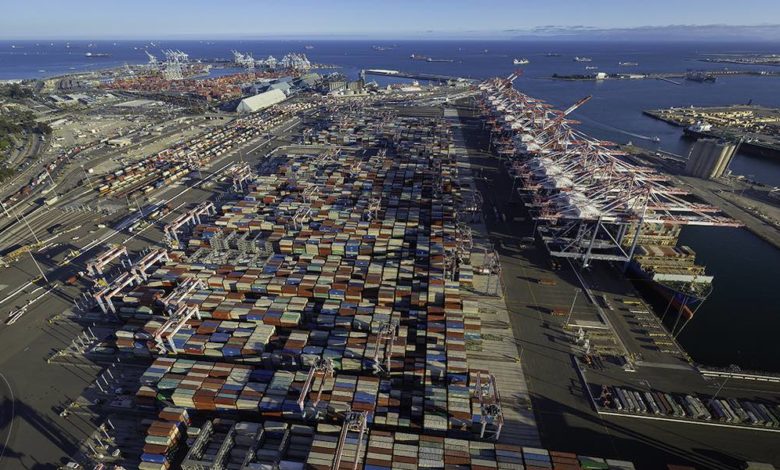National Shipper Advisory Committee makes its first two recommendations to the US FMC

The National Shipper Advisory Committee (NSAC) to the US Federal Maritime Commission (FMC) has met and adopted two recommendations that will be forwarded to the FMC for consideration.
First, regarding dwell fees, the NSAC recommends that the FMC “codify regulation … that prohibits any unreasonable application of charges on containers for dwell fees, while shifting the burden of proof to vessel operators and/or marine terminals and strengthening requirements for proper dispute resolution.”
This issue was raised by the committee in response to the high demurrage and detention charges that have resulted from supply chain disruption and port congestion. In fact, they noted in meeting materials, “some West Coast ports, and some marine terminal operators (MTOs) have created new charges in addition to standard demurrage tariffs that target dwelling containers and are subject to a variety of schedules.”
Further, they said: “While such charges may be appropriate from the marine terminal operator to the vessel operator, the pass-through from the vessel operator to the importer, or the direct billing from the MTO to the importer is frequently an area of abuse.”
The second recommendation calls for an expansion of the scope of the FMC to include oversight of rail carriage and related charges for through bills of lading.
The committee said in pre-meeting materials that “many shippers … tender cargo to ocean carriers from inland points against rates inclusive of rail and/or motor carriage which are quoted by the ocean carriers and subsequently filed with the FMC. There is currently no adequate dispute resolution process available to shippers when disputes involving the rail portion of cargo movement, including demurrage/rail storage and detention/per diem at rail ramps, invariably arise. More importantly, there is currently no direct governmental oversight over the rail portion of these shipments nor over their operational execution.”
Committee members would like to see the FMC’s oversight start at the bill of lading level through to the final destination defined by the shipment parties within the bill of lading. “If the FMC has oversight over the parties to the bill of lading,” they said, “it should also have oversight over the entirety of terms and conditions to the bill of lading.”
Both recommendations were unanimously endorsed by NSAC members present at the meeting.
